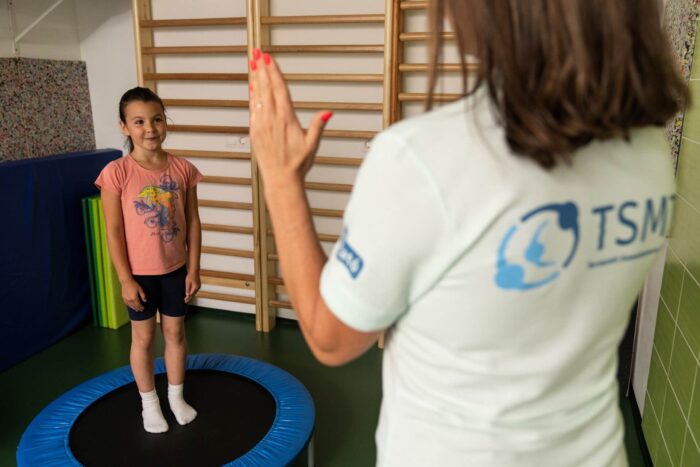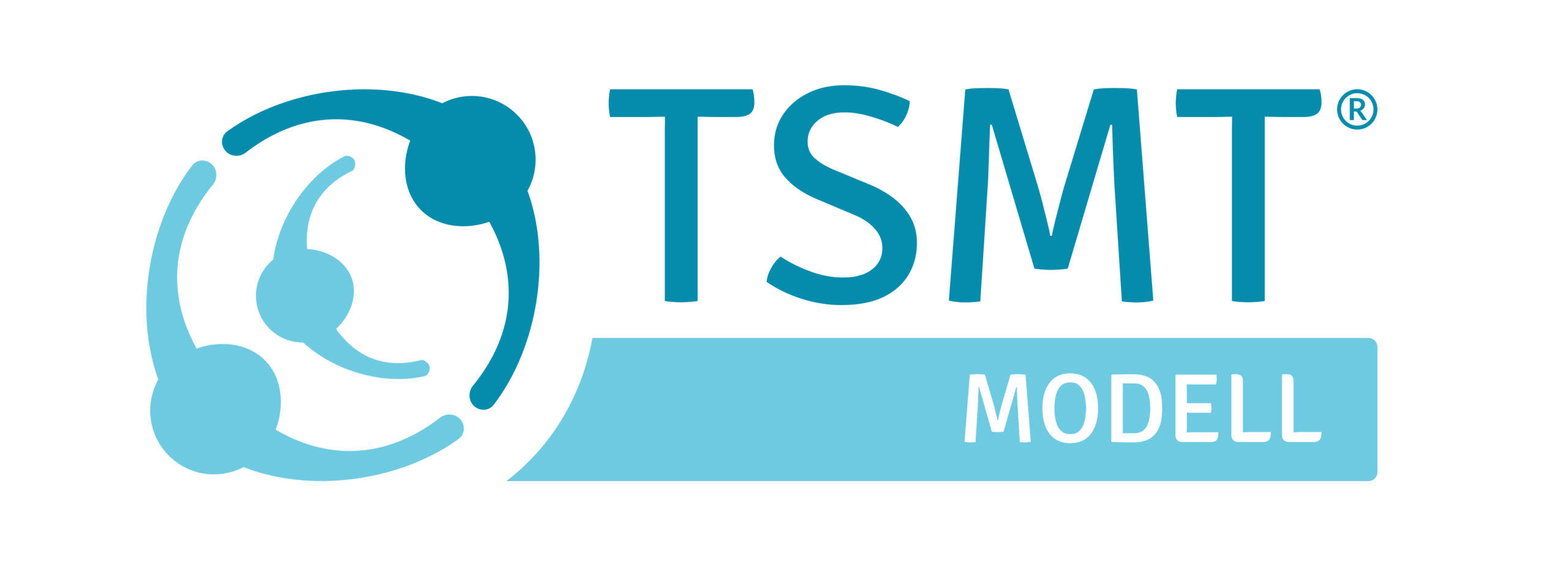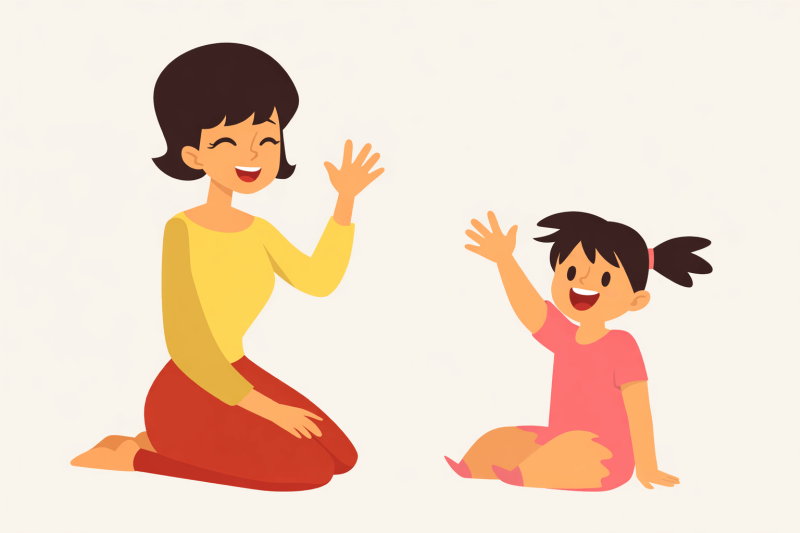
TSMT® therapy can be an effective supplement to the treatment of children with ADHD, especially when combined with the support of other professionals.
The involvement of child psychiatrists, psychologists, special educators, or pediatric neurologists can help address emotional, learning, and behavioral challenges.
What do we know about ADHD?
ADHD (Attention Deficit Hyperactivity Disorder) is a neurodevelopmental condition characterized by differences in attention, self-regulation, and behavior control. ADHD is not a result of poor parenting but is rooted in specific brain function differences. Symptoms may include impulsivity, difficulty concentrating, hyperactivity, or, conversely, withdrawn behavior.
Why consider a LongiKid® assessment at an early age?
The LongiKid® neuro-sensorimotor assessment provides a comprehensive overview of a child’s neurological and motor development. Early identification of deviations related to ADHD symptoms, such as attention and balance issues, is possible. The results enable the creation of a personalized developmental plan to support the child’s growth.
How does individual TSMT® therapy help?
Individual TSMT® movement therapy uses targeted exercises to improve balance and neurological functions. Regular physical activity stimulates brain maturation, enhancing attention, self-control, and behavior organization. ADHD symptoms may lessen, and the child’s ability to succeed in learning and social situations can improve.
How does group TSMT® therapy help?
Group TSMT® sessions provide structure and rules that help children with ADHD develop attention, self-control, and reduce impulsivity. Shared movement exercises improve social skills, cooperation, and communication while strengthening balance and motor coordination. Additionally, the structured, repetitive tasks have a stress-reducing effect, promoting calmer behavior in children.
How does HRG therapy help?
HRG therapy supports sensory integration through water-based exercises, reduces hypersensitivity, and enhances the responsiveness of the nervous system. Water’s natural resistance aids in developing muscle tone, while improving motor coordination and balance skills. The structured exercises enhance concentration, while the calming effect of water reduces tension and anxiety, an experience shared with parents.
The combination of accurate diagnosis, therapy, and a supportive environment can significantly contribute to improving your child’s self-confidence and quality of life.

